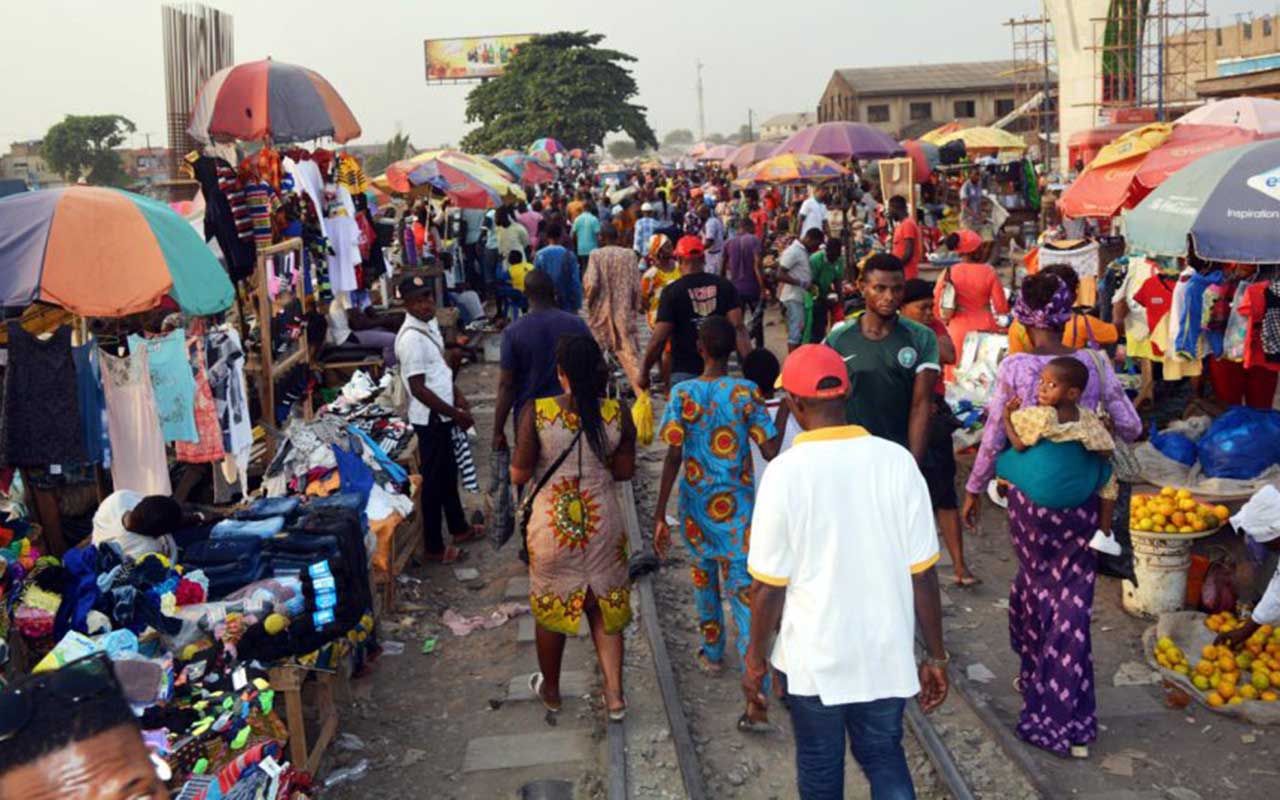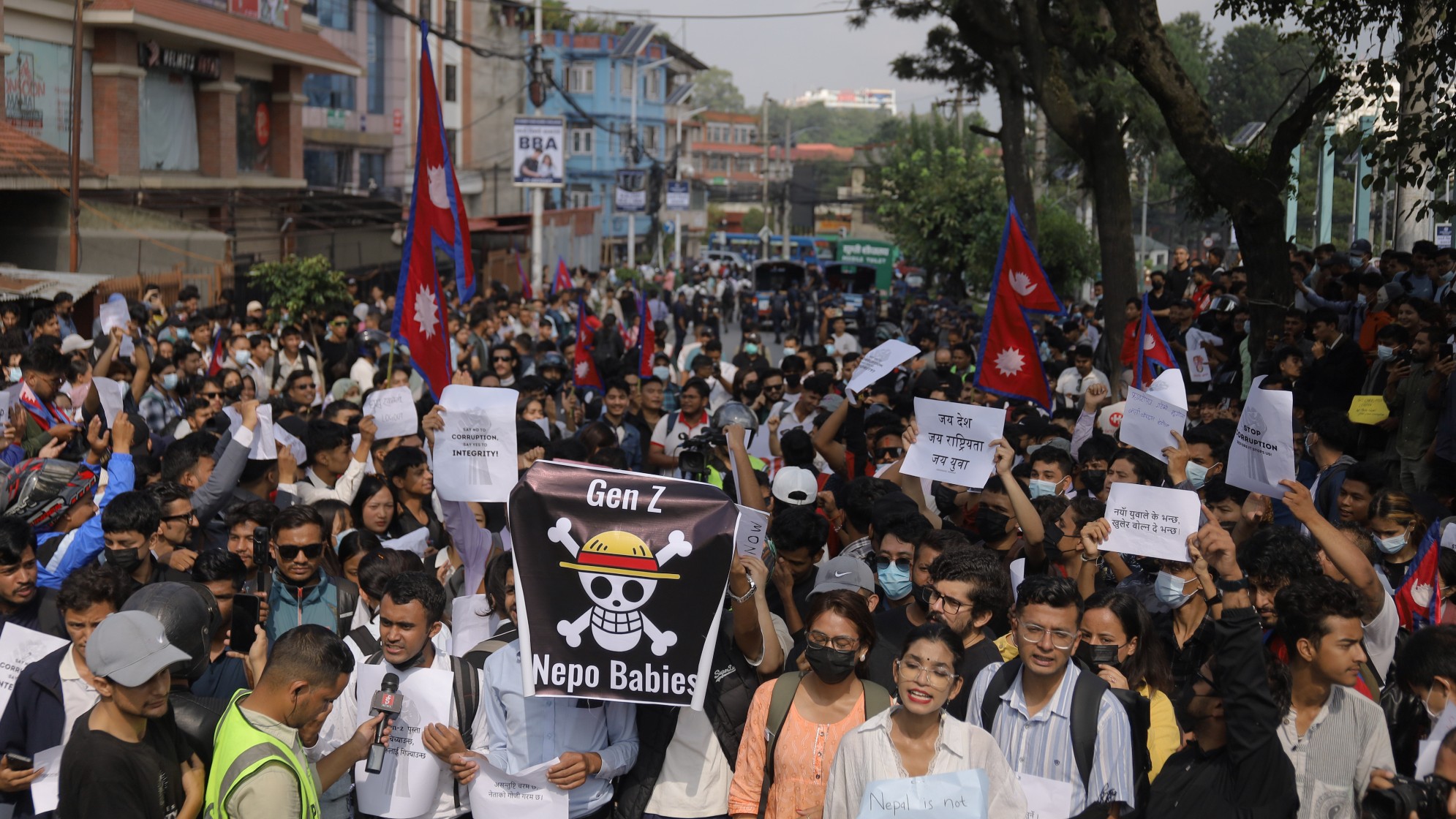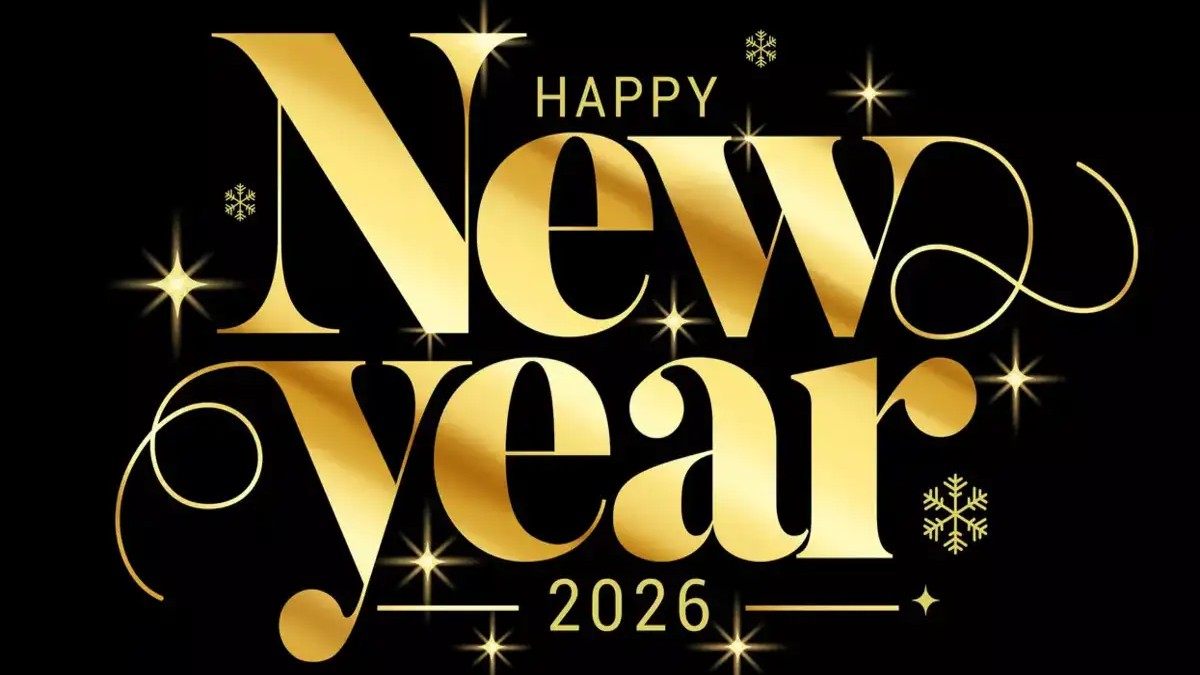
The COVID-19 pandemic has imposed itself on the world with an unprecedented crisis which no country was prepared for. But being a medical crisis some countries with superior medical infrastructure and personnel have managed to perform better in stemming its reach and reducing the fatalities. However, it is not just medical facilities and personnel that have been stretched to the limit. The economies of all countries have been given a stab in the heart because of the inability of people to run their businesses as normally as they used to.
That has led to a significant reduction in the demand for crude oil and other commodities in the world market. That decline in demand has, in turn, led to falling prices of these commodities and the drop in the quantum of cash that is now available to countries like Nigeria that depended, for their sustenance, almost wholly and solely on these commodities. Like many countries Nigeria is struggling to contain the spread of the pandemic but mercifully the private sector is lending a helping hand to the efforts of the Federal and State governments at this difficult time. Individuals in the public and private sectors are also rising in support of the government and the people, especially the most vulnerable members of our communities.
But difficulties remain; shortages remain, gaps remain and dire needs for foods, medication and infrastructure remain. For a country with a huge population like Nigeria the totality of the problem is daunting and despite the best efforts of the government and people there is a sense of despondency all over the place. In moments of severe crisis most countries do get help based on the philosophy of the brotherhood of man. The concept of the brotherhood of man is a wonderful idea especially at a time of global trauma such as this when nearly everyone, every country, needs help. But some countries, we must admit, are able to carry their burdens better than others. Nigeria is carrying its own burden the best way it can. It is obvious that the weight of that burden is weighing it down. Eventhough the pandemic is a global problem some countries, out of the generosity of their hearts, are still able to help other countries that need help. The European Union is helping Iran that has been badly affected by the sanctions imposed on it by the Donald Trump Administration.
Germany is said to have donated 5.5 million euros to Nigeria. Cuban doctors are in Italy to join in the battle against the virus. China is said to offer to send its doctors to Nigeria to fill the medical gap during this crisis period. It is in the normal scheme of things for countries that need help to either ask for or receive help in moments of crisis or need. Nigeria has, over the years, played that role very generously in Africa. General Yakubu Gowon, Nigeria’s Head of State in the early 70s gave economic and technical assistance to some needy African and Carribbean countries at their request. The Murtala Muhammed government gave a hefty grant of $20 million to the MPLA liberation movement in Angola for the Angolan liberation struggle when it realised that the support of UNITA by the American government was likely to change the political equation in that country. Over the years, Nigeria has expended a lot of resources on the decolonisation struggle in Zimbabwe, Namibia, Mozambique and on the fight against apartheid in South Africa.
Also, during the Liberian and Sierra Leone wars Nigeria was a major participant at enormous cost to the country. So it is normal in international relations for countries to give help to or receive help from other countries. That is the grease that oils the wheel of bilateral relations. But in the matter of giving or receiving help proper etiquette must be followed so that both the giver and the receiver can retain a certain measure of dignity in the transaction. What happened recently took something away from that position of dignity that even a begger for help must retain. The Federal Ministry of Finance, Budget and National Planning sent a tweet to a billionaire businessman Mr. Elon Musk of Tesla last week asking for Nigeria to be supported in the COVID-19 fight with 100-500 ventilators. This was apparently in response to a general information released by Mr. Musk that he had ventilators that he could deliver to countries in need free of charge. A number of Nigerians slammed the Ministry for its open begging procedure.
It promptly apologised. Then there was another tweet on the same subject by President Buhari’s Personal Assistant on New Media, Mr. Bashir Ahmad. He tweeted: “Hello Elon, I woke up to this your tweet all over the timeline. In this period of worldwide emergency getting ventilators is pretty hard no matter how much money you get and that’s understandable. Nigeria, my dear country, is in need. Kindly send 100s here, we really need them. Thanks.” Mr. Musk’s earlier message was: “We have extra FDA approved ventilators. We will ship to hospitals worldwide within Tesla’s delivery regions.
The only requirement is that the ventilators are needed immediately for patients and not to be stored in a warehouse.” Nigeria has a Presidential Task Force on COVID-19 which briefs the nation regularly on the pandemic. Did the Task Force indicate that what it needed most now were ventilators? Did the Task Force authorise either the Ministry of Finance or Mr. Ahmad to take the country’s begging bowl to Mr. Musk openly? Did the Ministry and Mr. Ahmad find out whether or not Nigeria belongs to Tesla’s delivery region? Did they also find out whether the Task Force needs more ventilators or not? The entire approach to this begging episode is very disgraceful, unrefined and humiliating. They may have meant well but everything about it was foul. Even in matters of begging for help, proper etiquette must be followed. Four issues are germane here
(a) The right person must make the request for help. In this case, it is either the President of Nigeria or the Foreign Minister based on the President’s directive who should make any such request if desirable. Such a request would, of course, be based on the situation on the ground as determined by the COVID-19 Presidential Task Force
(b) The request would have to be made through a proper diplomatic channel, properly communicated and not through a tweet. A tweet is a disrespectful medium to use in international relations or transactions. This was clearly a breach of protocol
(c) The fact that two persons, namely the Ministry of Finance, Budget and National Planning and the President’s Personal Assistant on New Media sent their requests on the same subject from the same country smacks of chaos and disorder in the management of our affairs. Even begging should not be done with the condemnable sloppiness that was exhibited here. This is a loose lipped approach to governance.
(d) Nigeria should only ask for help from outside when its corporate titans and its citizens here and in the Diaspora are no longer able to help the country. Many Nigerians have risen to the occasion on this matter. I learn that car manufacturers such as Innoson have offered to manufacture ventilators for the country. Bayero University, Kano’s Faculty of Engineering has set up a 7-man committee to produce prototype ventilators for emergency use in hospitals and isolation centres.
Apart from ventilators, the University’s Department of Pure and Industrial Chemistry says that a number of academic staff have volunteered to take part in the production of sanitisers to the quality approved by the World Health Organisation. It is in moments of adversity like this that creativity and innovation can thrive. Our universities and manufacturing companies can take advantage of this medical crisis and do some innovative things. The Biafran scientists created ogbunigwe, refined petroleum products and did lots of other things that sustained Biafra for those 30 months that the war lasted. We cannot just jump up and ask for help from others when we have not done enough to help ourselves with all the potentials that are available in this country.
It is true that emergencies such as this are capable of eliciting sympathy from other countries but this emergency is global. There is no country that is not affected by the crisis so there is a limit to the amount of help that we can expect to get from outsiders who are also trying to deal with the problem in their own countries. That there is a supply gap in what we need to tackle the problem with does not mean that any official within the Government of Nigeria has a right to ask for help from outsiders on behalf of Nigeria. Any help we need must be properly sought by appropriate and authorised personnel. The busy-body approach adopted by the Ministry of Finance, Budget and National Planning and the President’s Personal Assistant on New Media is clearly unrefined and unacceptable. There must be a method even to begging in a period of crisis.






